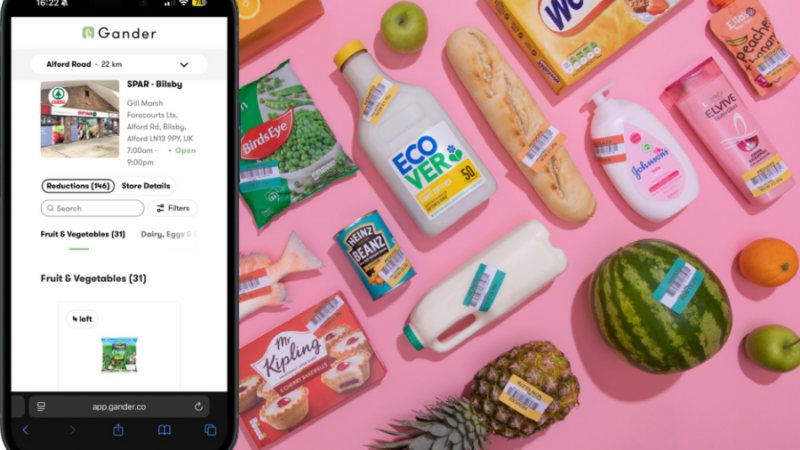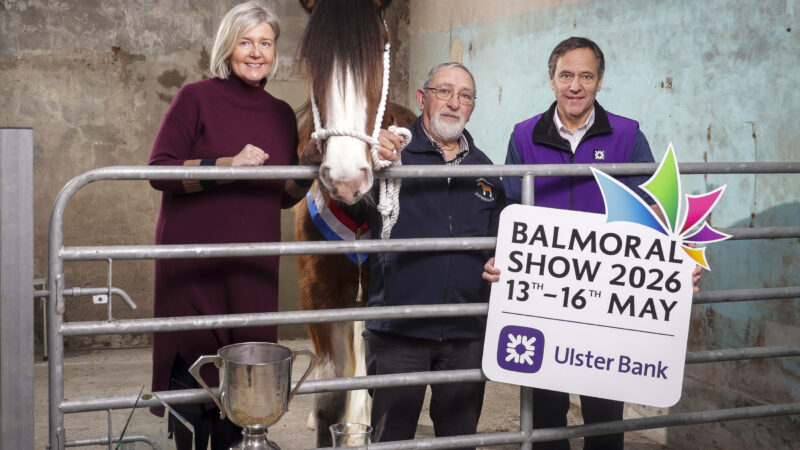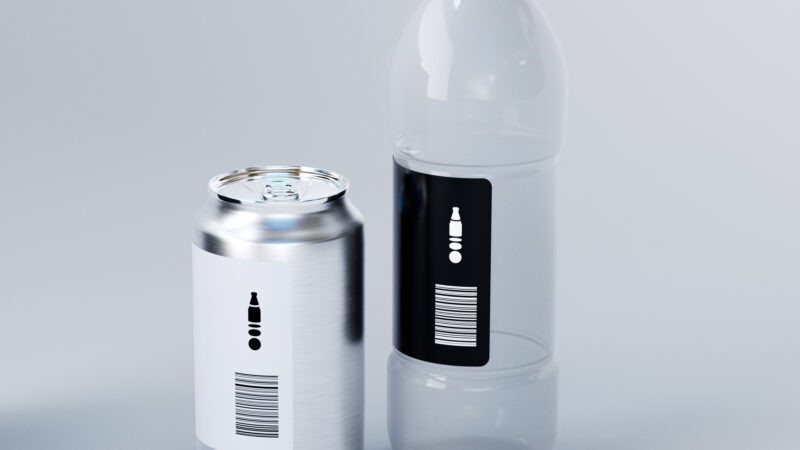Free-range eggs no longer available in UK due to bird flu

Customers can no longer buy free-range eggs in the UK due to the length of time hens have been kept indoors following outbreaks of bird flu.
The eggs in shops will now be labelled as “barn eggs” due to birds being kept inside for more than 16 weeks.
The country is experiencing its largest ever outbreak of avian influenza and measures are in place to prevent the virus from spreading.
About 55% of all eggs produced in the UK are free-range, says the RSPCA. It means they come from birds that, during the daytime, enjoy unlimited access to outdoor pastures.
Free-range labelling will only return when hens are permitted to go outside again.
Aimee Mahony, chief poultry adviser at the National Farmers’ Union, said the government’s advice was that there was “still a high level of risk” to birds of catching flu.
“This is an incredibly difficult time for all bird owners and vigilance remains vital,” she added.
Ms Mahony said farmers were following “stringent biosecurity measures” and adapting hen houses to make birds more comfortable.
Both “barn” and “free range” eggs meet the RSPCA’s welfare standards, because the hens that lay them have freedom and space to move around, along with perches for roosting and nest boxes.
The difference is that for barn hens, this all happens inside, whereas free-range hens can access to the outside through “popholes” – although bird flu restrictions have put a stop to this.
The RSPCA says consumers buy more boxes of free range and barn eggs than those from caged hens.
However, the charity says a large proportion of eggs used as ingredients in products like mayonnaise, cakes and sandwiches are still from hens kept in cages.
The bird flu outbreaks have resulted in the government enforcing an Avian Influenza Prevention Zone which made it a legal requirement for all bird keepers across the UK – whether they have pet birds, commercial flocks or just a few birds in a backyard flock – to keep them indoors and follow strict biosecurity measures.
Under such restrictions egg farmers have a 16-week “grace period” to maintain their free-range status, but this ended on Monday.
Andrea Martinez-Inchausti, assistant director of food at the British Retail Consortium, said shops and supermarkets would “continue to support British farmers”.
In a statement the government said it would work with farmers and retailers to implement the branding changings.






